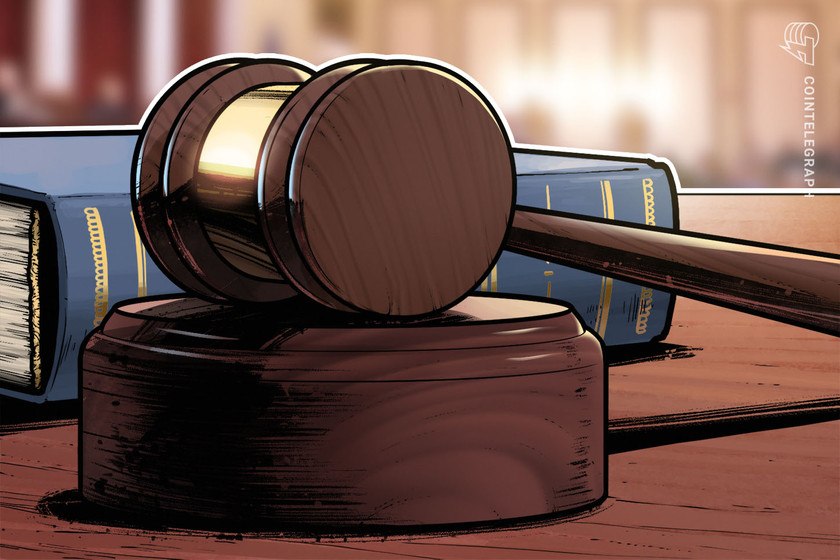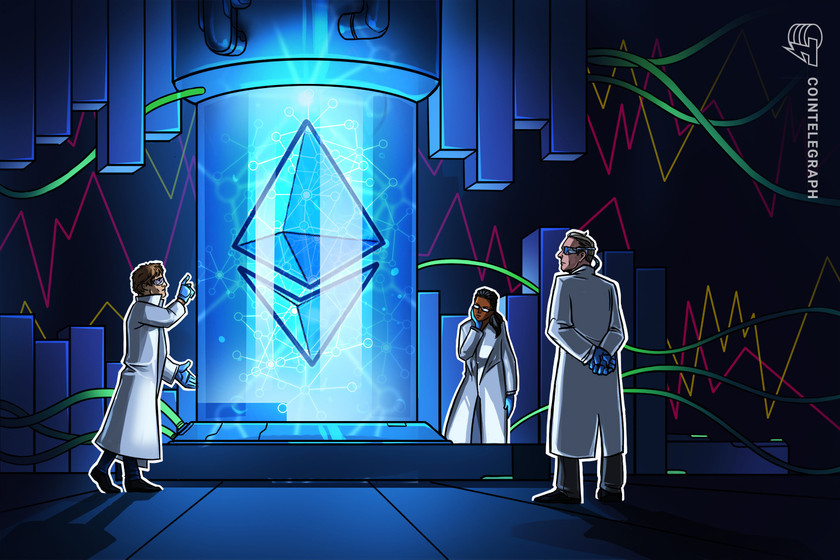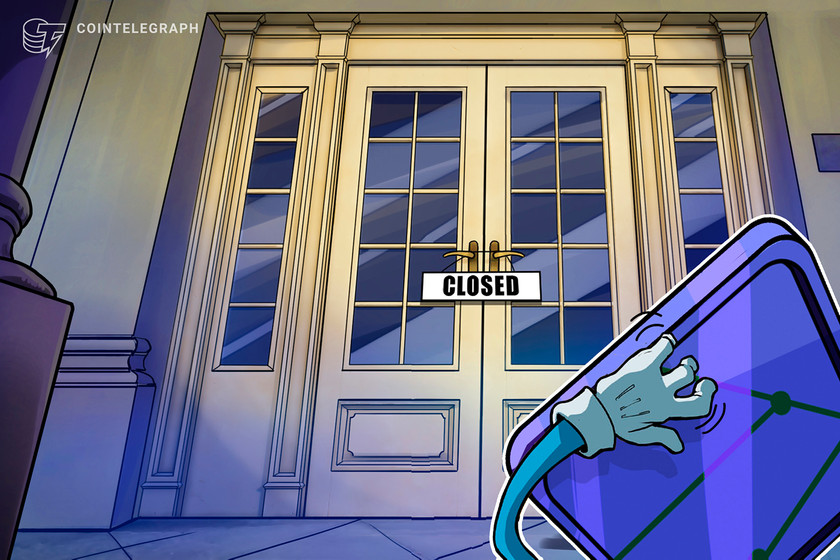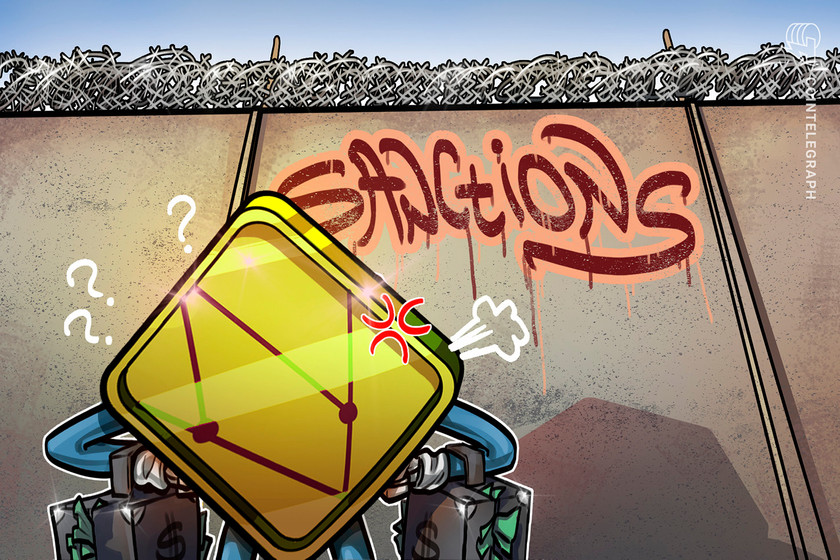Line messenger’s NFT arm raises $140M for Web3 services


Line Next will use a part of the $140 million fund to introduce new Web3-focused services, which include a social app that uses AI-generated characters and Web3 games.
Line Next, a venture dedicated to the growth of the nonfungible token (NFT) ecosystem, has raised $140 million as it prepares to launch a global NFT marketplace in January 2024.
The Line Next venture branched out of the popular WhatsApp-like messaging app from South Korea, Line, which is dedicated to exploring Web3 initiatives. Peter Thiel-backed private equity firm Crescendo Equity Partners led the $140 million funding round.
According to the announcement, Line Next’s global NFT marketplace, DOSI, is scheduled to launch in early 2024 after integrating with Line’s existing Japan-based NFT marketplace, known as Line NFT. The new NFT marketplace will launch as a mobile app and be available globally.



























